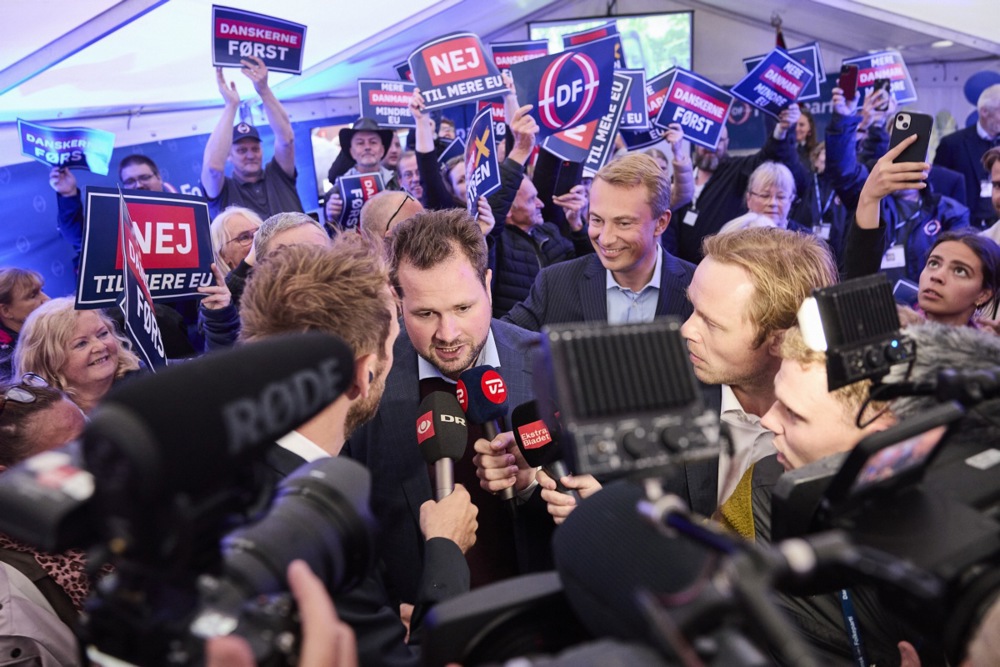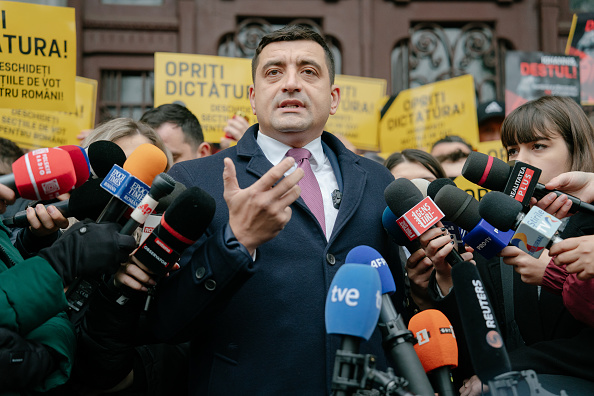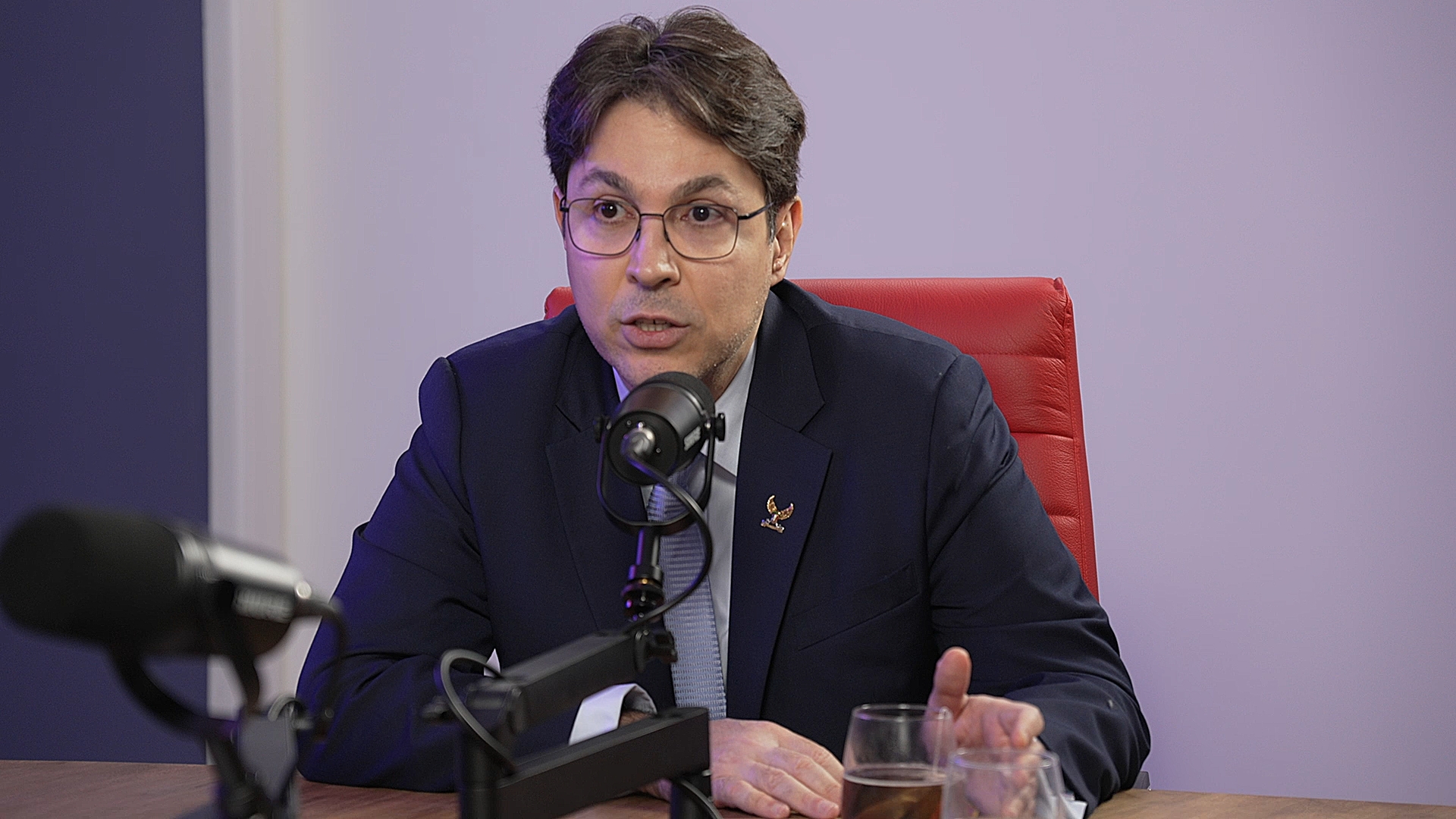Socialists in the European Parliament have become “extremely worried” about the growing influence of the Right, according to an internal strategy document seen by Brussels Signal.
The “rightward trajectory” caused by last year’s EU elections “has become increasingly visible in the new Parliament”, the document reads. Right-wing groups are now regularly outvoting the traditional, centrist “von der Leyen majority” that incorporated the Socialists and other leftwing groups, namely the Liberals and the Greens.
Parliament plenary sessions have become “increasingly conflictual and unpredictable” and have taken on “a right-wing agenda”, the document’s authors state. Socialist “coordinators” in the Strasbourg-based assembly “are increasingly facing hostile right-wing majorities”.
The centre-right European People’s Party (EPP), a tradition ally of the Socialists, has shown it has “no qualms about teaming up with extreme right”, the authors bemoan.
Entitled “Proposed strategy towards the extreme right” and labelled “Confidential – do not copy, distribute or misplace. If disposing of, please shred/ destroy first”, the document goes on to list ways the rise of the Right could be held back.
This may involve not only the existing cordon sanitaire — an informal system for excluding hard-right parties from positions of power — but also “more assertive” action. The “extreme-right”, the document states “is no longer a theoretical threat but rather an immediate and clear menace, which cannot be ignored”.
Forces on the Left and other “pro-European” forces should “actively expose and ridicule” some of the Right’s “more extreme ideas”. S&D members should also “identify and leverage all those issues which can drive a wedge between the extreme right and the EPP”.
Responding to the rise of the Right is however complicated by the fact that some groups, in particular the right-wing Conservatives and Reformists (ECR) group, are internally divided between what the Socialists call “mainstream elements” and “extreme right, anti-European, pro-Russian elements”. Socialist MEPs are confused regarding how they should treat ECR members and have asked for guidance, the document reveals, though it is suggested that ECR positions be treated individually, on a “case-by-case” basis.
The European People’s Party, which has on occasion insisted on including the ECR group in negotiations for reasons of “balance”, is also seen as internally divided by the Socialists. “The internal battles within the EPP and traditional centre-right over whether to align more with the extreme right or maintain a pro-European coalition/ majority is delicately poised”, the document reads.
Socialists should be wary of being “overly aggressive” with EPP MEPs because such an approach could “alienate those more mainstream voices”.
One possible, partial solution could be to rely more on the votes of the hard-left The Left group in Parliament, even if the 46 MEPs in this group are “less reliable, cohesive and pro-European” than traditional allies.
Another possible tactic could be to add “pro-European language” to hard-right amendments in the hope that the authors would then decide to abandon their own text, it was suggested.
The S&D group would not comment on the document though did confirm its authenticity.
It was discussed at a meeting of Socialist leaders in Genval, southern Belgium, at their “away day” brainstorming session earlier this month.





